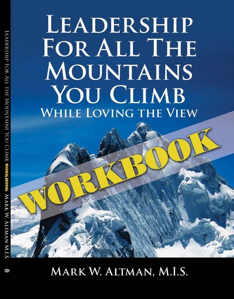Several of my friends suggested topics for this week, and while a number of them were certainly worthy of being written about, I settled on reminding all of us that the arrival of spring brings with it, in a month or so, the end of the school year.
Personally, this means my daughters being asked to prom for the first time (although this is my last year of reprieve as neither are 16 yet). With mixed emotions, this summer marks the girls’ first college classes and our realization we are only three years from an empty nest. For many parents this marks a time of fervent activity in the form of summer sports and family activities. To our communities, this means another batch of teenagers driving to parties and prom nights, and another class of seniors preparing to move on to higher education or enter the workforce.
These realities force upon us, both as individual parents and as a community, the responsibility to have some earnest conversations with our high school students. The first conversation should concern our expectations of behavior as it relates to driving. While not the only item on the agenda of the driving conversation, drinking must be at the top of the list. Letting your teen know that drinking and driving, or getting in a vehicle with someone that has been drinking, is never acceptable and can lead to their death or the death of someone else.
I can hear some of you now, admonishing me, that teens know that handy tidbit of information and they are either going to heed it or they won’t, and therefore, it is unnecessary for parents to have that uncomfortable conversation. In response, I point to any number of studies, some of which were completed by the alcohol industry, that show teens who are reminded repeatedly, long before they can drive, are far less likely to drink and drive, especially if the parent models the desired behavior. This general idea works for any number of teen pitfalls, drinking, reckless driving, sex, drug use, to name a few.
Sitting your teen down to deliver a lecture isn’t nearly as effective as taking advantage of the topic popping up in conversation during a family dinner. Of course, this means in order to have the necessary, potentially lifesaving, conversations, your family will need to sit down to a meal together several times a week.
I suggest a family requirement of four nights a week. If your teen balks due to a schedule that would do the President proud, make it more palatable by allowing them to invite a friend. For the price of an additional place setting, you get valuable intelligence on who your teen is hanging around and both teens are more likely to let their guard down.
With kids being off school during the summer and presumably the parents still going to a normal work schedule, teens have more time on their hands. The old adage, “Idle hands are the devil’s workshop” certainly comes to mind. Keeping your teen busy with some kind of summer school, or a part time job can be helpful.
A curfew is another parental tool that should be used. Anyone out after midnight is much more likely to be killed than someone home by the witching hour and for teens the statistics are even clearer. The community can play a role by checking IDs before selling alcohol, and calling law enforcement to escort unruly teens, or those who are out too late, home to worried parents.
Summer is a wonderful time of the year, especially for a teen, more so for those about to embark on the next phase of life. Parents and the community at large, have a compelling interest to partner together to make sure the transition is a flawless one.
Mark Altman is a speaker and leadership consultant with the Altman Leadership Center. He has graduate work in Marriage and Family Counseling and is working on a PhD in Leadership studies at Gonzaga University. He can be reached at mark@taolc.com.







